Next Era of Board Games (2/2)

The rise of progressive board games.
2/18/2017
The growing prevalence of smartphones and mobile apps in tabletop games.
Posted on 2/11/2017 by Tim Rice
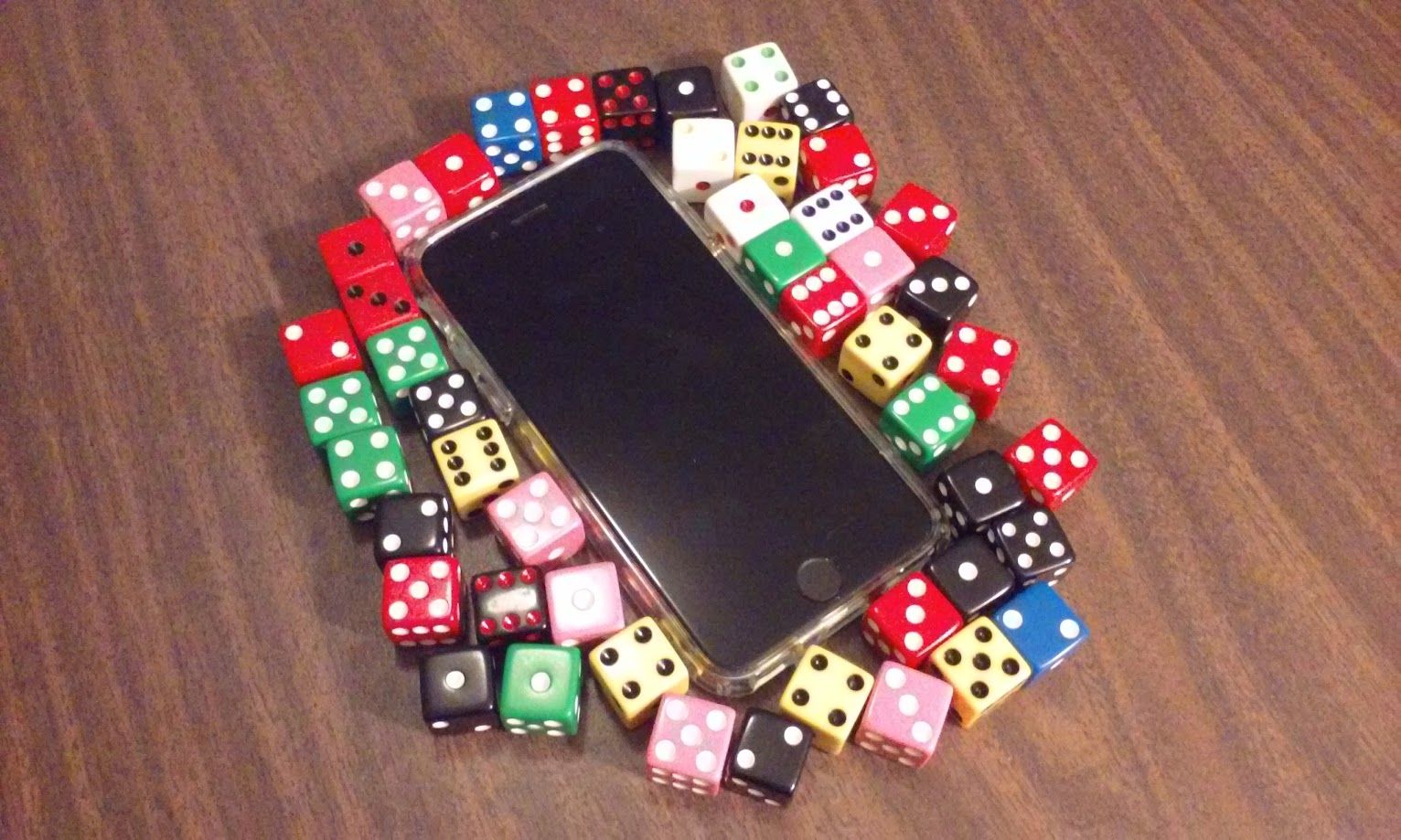
I occasionally hear influencers in this industry referring to a "golden age" of board gaming happening right now. It is true that our niche has seen some staggering growth in recent years, and it doesn’t really show signs of stopping. High quality games are consistently hitting the market every year, and the explosion of the internet has allowed more people (including myself) to discover games that they otherwise never would have heard of.
However, while I think that the state of the board game industry is great at the moment, I believe that we’re going to see a major shift in the next decade or two that will be much more significant. In particular, I have three major predictions:
We’re already seeing the beginning of this new age with recent hits such as XCOM: The Board Game, Mansions of Madness: Second Edition, and especially Pandemic Legacy: Season 1. These games are laying the groundwork for an influx of innovation and exploration in the tabletop industry, and I couldn’t be more excited.
I’ve decided to split this post into two parts, because I have a lot of thoughts on this topic (and I have trouble being concise). Today I’ll discuss my first prediction and explain why I think smartphones are not a gimmick, and that they are going to play a huge role in the future of this hobby.
We’ve seen the mobile app market explode over the past several years, and board game makers are finally starting to realize their potential. I think the line between board games and video games is going to blur, and a new genre of game is going to emerge that takes the best things from both mediums.
I’ve already touched on this topic in one of my previous articles, Board Games vs. Video Games, but I want to revisit some of those concepts and explore just how much a mobile app can add to a game experience. Games such as Alchemists, XCOM: The Board Game, and Mansions of Madness: Second Edition have already started innovating in this area, and the exciting thing is that they’ve barely scratched the surface of what’s possible.
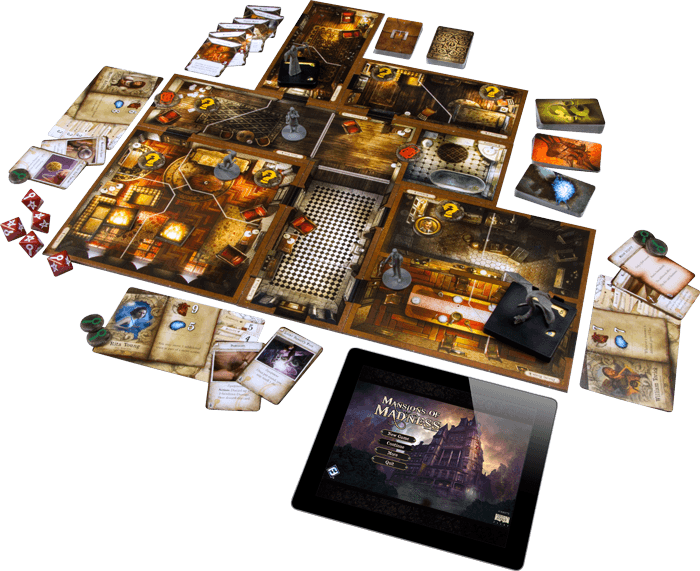
Up until now, board games have always been limited by their components and rulebooks. You can only put so much into a box before manufacturing costs become unreasonable. Also, in most cases, players need to understand most if not all of a game’s core mechanics before even beginning to enjoy it. That means the more rules a game has, the bigger the barrier to entry is. But all this can change now that everyone has a computer in their pocket.
Computers are amazing for storing and processing information quickly and reliably. There are quite a few things that computers can already do more efficiently than we can. For example, math, memorization, randomization, and displaying information are all important game factors that could benefit from a computer’s enhanced efficiency. Just look at a few recent board game app adaptations for proof; they often provide the same experience in a shorter and more streamlined way because players don’t have to waste time with the bookkeeping.
It all comes down to information abstraction. Ideally, a player should only know the rules that are necessary at any given point in the game, and not the rules that they’ll need to know in the future. This allows players to handle complex experiences one step at a time, instead of the current system where players are forced to stuff all the rules in their brain beforehand and then get frustrated when they inevitably forget something. Mobile app integration could easily help designers achieve this goal because all the necessary information can be stored on the phone rather than in the unpredictable brains of the players.
If we take a look at the evolution of the video game industry, we’ll see how important this information abstraction concept can be. When video games first appeared in arcades, most of them had very few rules and were immediately understandable (think Pac-man, Donkey Kong, and Galaga). They had to be because they were designed to be short (and to acquire as many quarters as possible). Modern video games have WAY more content than that, and their complexity has gone through the roof. But did that make them more difficult to learn and enjoy? Perhaps a little, but compared to how much more the games have to offer, not really.
Having a lot of rules isn’t a problem if the game is able to teach the rules efficiently. Players can handle a lot more complexity if they can learn it slowly rather than immediately. Can you imagine starting up a game of Minecraft for the first time, but before you start playing, you have to understand what every block does, how to get all the resources, how redstone works (I still have no idea), and every crafting recipe in the game? That would be ridiculous, and no one would play it. But that’s pretty much where we are with board games. Learning as you go is pretty difficult to do with the current format, and the amount of content that we can put into a board game is limited because of it.
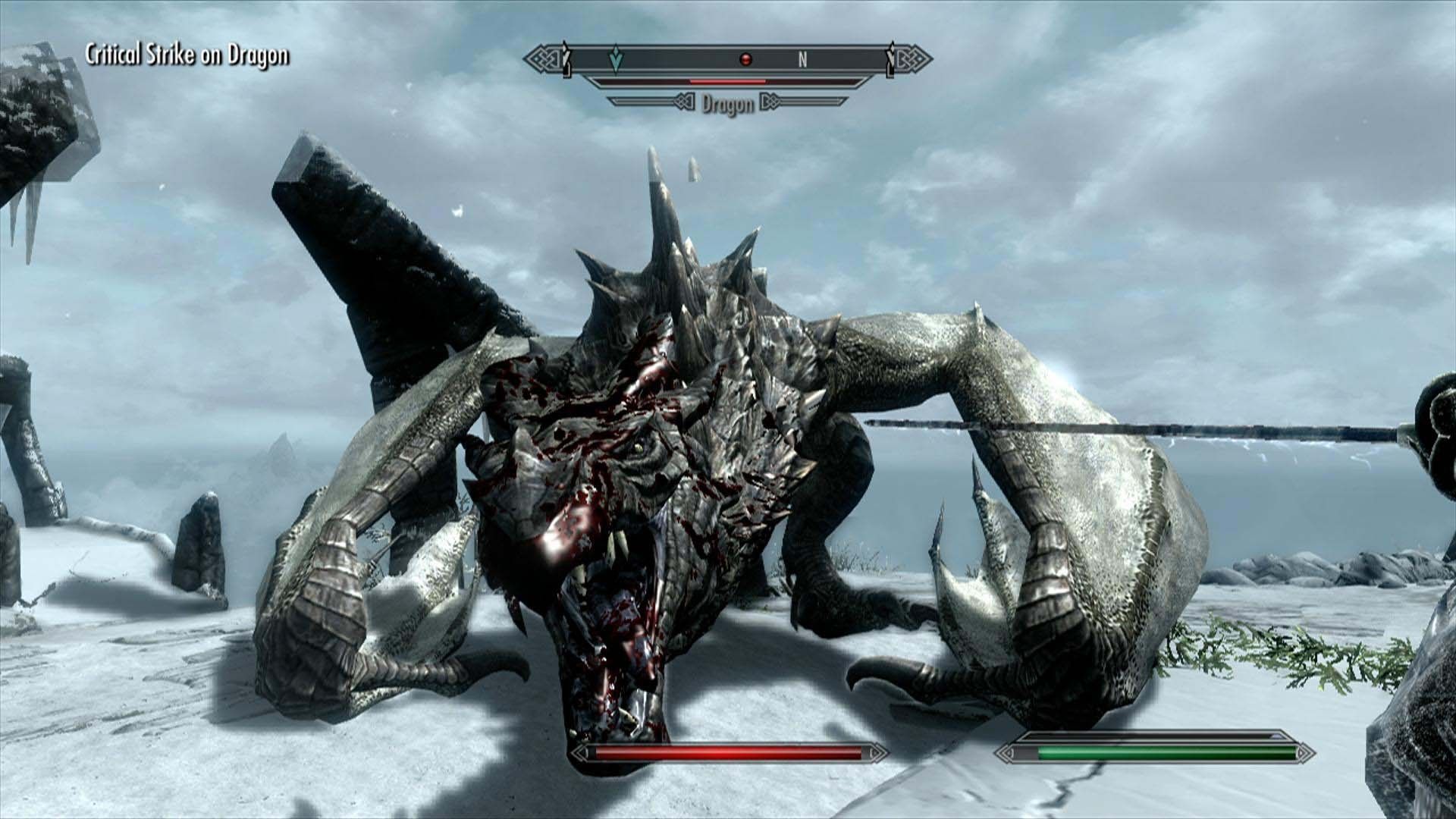
It’s interesting that the most successful hobby games in recent years (Catan, Ticket to Ride, Pandemic) are light gateway games while in the video game industry the games that dominate tend to be pretty complex (Grand Theft Auto, Call of Duty, The Elder Scrolls). When it comes to video games, more content is always a good thing, but unfortunately the same does not hold true for board games. Perhaps if board games can utilize mobile apps to provide bigger and more complex experiences without making them too difficult to learn, we’ll see more heavy games dominating the market.
Introducing computing power into the board game world could not only expand the amount of possible content, it could present that content in a more efficient way. Most modern video games have some sort of tutorial level which lets you learn how to play the game as you play it. Wouldn’t it be great if you could just sit down, open up a new board game, and immediately start playing without reading any rules? It wouldn’t be that difficult now that we have smartphones. An interactive tutorial that guides players through their first game step by step is not that hard to accomplish anymore, and before long I think it will become expected (I hope at least).
I think the biggest challenge will be identifying which mechanics should be left to the physical world, and which mechanics should be handled by the app. Sometimes that distinction is obvious (scoring is done in the app, negotiation is not), but other times it won’t be so clear. Understanding what makes board gaming as a medium unique and which experiences can’t be emulated by a computer will be a tough but essential dilemma. We don’t want to forget about the things that make board games special.
Up to this point we’ve assumed that the physical components in these games would be the “main event” and the app would be an accessory that enhances the experience. But isn’t the reverse also possible? Couldn’t there be an experience where the app is the main event, and the physical accessories simply enhance it?
It would be a challenge, but why not? There are tons of different ways to accomplish something like this. The app could be a game on its own that players could play any time they want on their own (or online!), and then when friends are over the game could take on different mechanics that incorporate physical components. Or perhaps a social deduction/negotiation game where each player’s app shows unique information and possible actions. The only limit for designers now is the amount of content an app can hold (often a lot more than a box).
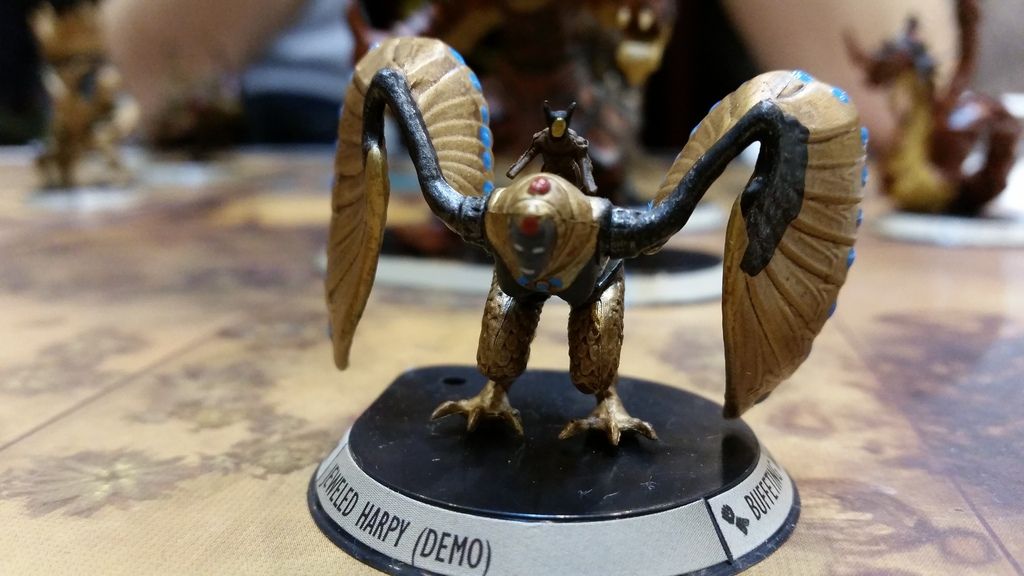
I haven’t played it yet, but I’ve read good things about Golem Arcana, and it is a great example of what I’m talking about. Players can build armies digitally and not deal with a lot of the fiddly mechanics that miniatures games tend to have, while still getting to push giant armies around with friends. The app game Spaceteam is a cooperative real-time game that doesn’t have any physical components, but something similar that does utilize them could be amazing.
They’re not really board games, but they’re not really video games either. This is the genre that I think is going to see some major growth in the recent future, because I’m confident that game makers will develop tons of fresh experiences unlike anything we’ve seen before.
Just to get a glimpse into what I hope the games of the next several years look like, consider the following pipe dreams:
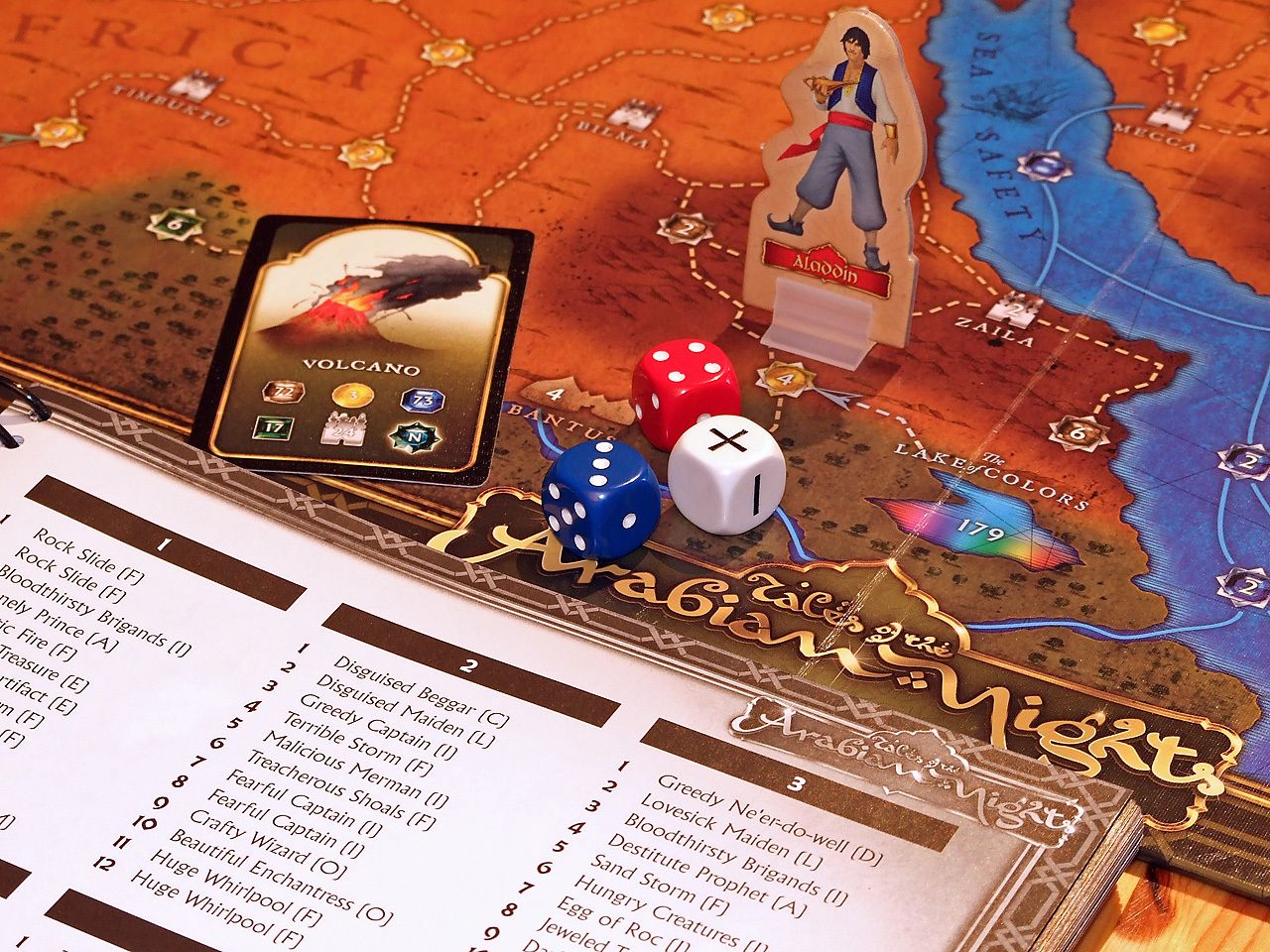
I don’t think that every game in the future will have (nor should have) an app to go along with it. There will always be a place for classic-style board games for those times when all the screens start driving you crazy (happens to me all the time). I do think, however, that there’s huge and largely untapped potential here for these tabletop-app games (tabletapp games?), and I can’t wait to see what designers can craft with these bigger canvases. A wave of creativity and innovation is on the horizon, and it’s about to come crashing down.
Thanks for reading!